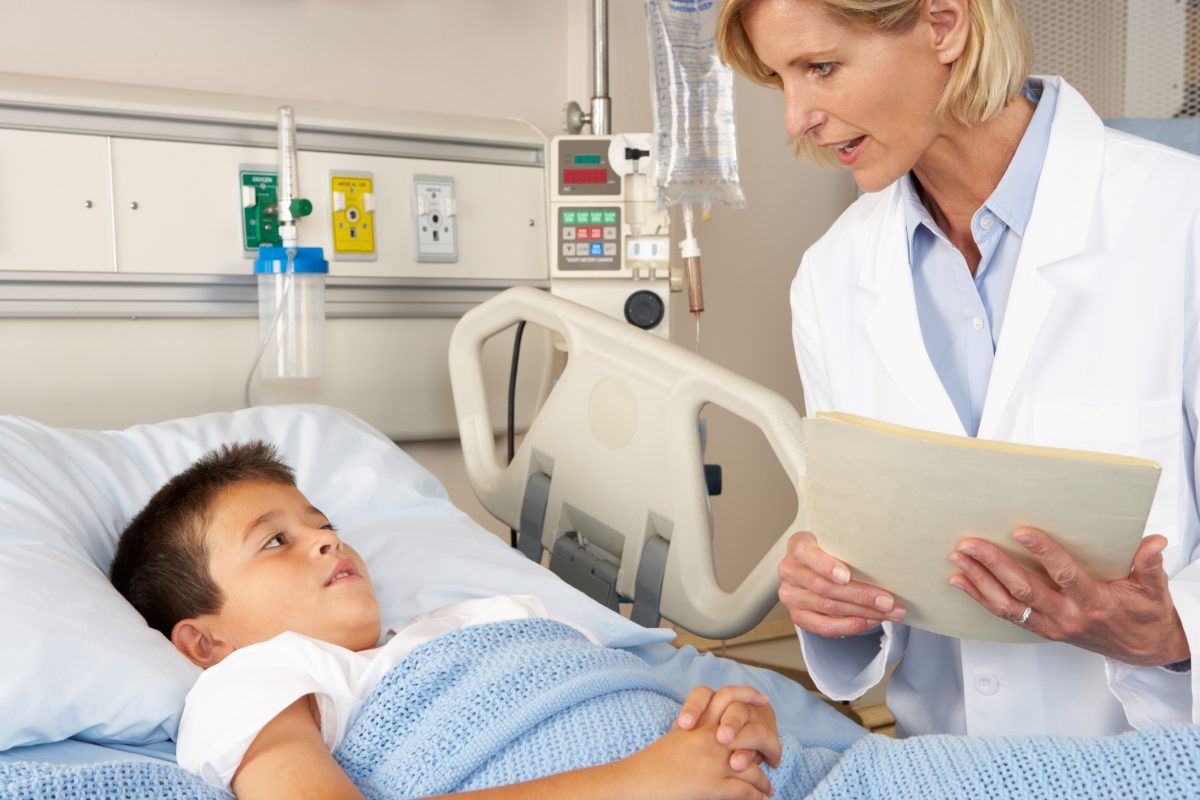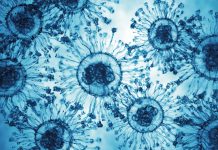Professor Giles Vassal, President of the European Society for Paediatric Oncology outlines why it is crucial for Europe to come together and tackle and prevent cancer in children.
Compared to the incidence in adults, cancer is rare in children and adolescents but concerns 35,000 young people each year in Europe. Despite high survival rates (80% of them are disease free at 5 years) – thanks to high quality academic clinical research run by the European community over the last 4 decades – cancer remains the first cause of death by disease beyond 1 year of age. 6,000 children die each year. In addition, two thirds of childhood cancer survivors have long term sequellae of their treatment. There are more than 300,000 European citizens who are childhood cancer survivors.
Cancer is still a major health issue for young people in Europe that needs to be tackled by all stakeholders.
SIOPE – the European Society of Paediatric Oncology – just launched its 10 years strategic plan to increase both cure rate and quality of cure, as well as to tackle inequalities across Europe. It is crucial that policy-makers at the European and national levels make the right decisions and set up the legal environment that will make this European Cancer Plan for children and adolescents a success.
The Plan was first elaborated within the ENCCA network of excellence (European Network for Cancer research in Children and Adolescents, FP7 2011-2015), and enriched through the contributions of SIOPE members and partners, as well as parents, patients, and survivors’ advocates. At the conference ‘Joining efforts for a brighter future for children and adolescents with cancer – The European roadmap to Horizon 2020’ (18-19 September 2014, Brussels) approximately 160 participants from 31 countries publicly endorsed the proposal and called for a European Cancer Plan for Children and Adolescents that would address both clinical care and research.
The ultimate goal of the SIOPE Strategic Plan is to increase the survival that is free from disease and late effects- after 10 years from the disease (and beyond) by achieving the following 7 objectives:
1 . Innovative treatments: to introduce safe and effective innovative treatments (i.e. new drugs, new technologies) into standard care;
2. Precision cancer medicine: to use improved risk classification as well as biological characteristics of both the tumour and patient (such as molecular and immunological factors) to help guide decisions on which therapies to use;
3. Tumour biology: to increase knowledge of tumour biology and speed up translation from basic research to clinical care to benefit patients;
4. Equal access: to bring about equal access across Europe to standard care (in both diagnosis and treatment), expertise and clinical research;
5. TYA: to address the specific needs of teenagers and young adults (TYA), in cooperation with adult oncology;
6. Quality of survivorship: to address the consequences of cancer treatment such as long-term side effects, to better understand the genetic background/risk of an individual, and to improve quality of life of childhood cancer survivors;
7. Causes of cancer: to understand the causes of paediatric cancers and to address prevention wherever possible and answer the question: “Why did my child get cancer?”
Cross-tumour platforms and projects are being set up to facilitate the Plan’s implementation spanning the critical variables influencing success, such as outcomes research to monitor progress made, a platform to provide radiotherapy quality assurance, a multi-stakeholder platform with academia, industry, regulators and parents to improve paediatric development of new oncology drugs, as well as a research program to address ethics and psycho-social aspects of childhood cancer.
A European Reference Network will be created to facilitate cross-border healthcare and access to expertise for paediatric cancer patients across Europe no matter where they live. An efficient e-Health infrastructure is set to support such system building on the ExPO-r-Net project.
The ‘Oncopolicy’ programme will advocate better EU policies to address the needs of young people with cancer. Indeed, SIOPE will help the implementation of cross border clinical trials within the new Clinical trial regulation and advocate for a Data Protection regulation that will not jeopardise research efforts for children and adolescents while assuring privacy to all citizens. The implementation of the EU paediatric medicine regulation must urgently be improved in order to adequately address the needs of children with cancer. Specific new incentives might be required.
SIOPE will steer and coordinate the effective implementation of this Plan, together with all stakeholders; existing partnerships will be strengthened with adult oncologists as well as professionals from other continents, while public-private partnerships – recognising the specificities of paediatric haematology-oncology – will be established with industry. SIOPE established a partnership with Childhood Cancer International, the federation of parents, patients and survivors organisations to implement the Plan.
The SIOPE Strategic Plan was officially presented during the European Cancer Congress (25-29 September 2015, Vienna, Austria), and will be also further discussed at the EU-policy level during an event which will take place on 18th November 2015 at the European Parliament in Brussels, Belgium (more information: www.siope.eu/?p=3428 ).
We trust that this Plan will inspire many future initiatives in the field. It has to date already achieved an important milestone of broad multi-stakeholder consensus and we look forward to working with all relevant stakeholders to make it a success, preparing a brighter future for children and adolescents with cancer in our region.
Discover the SIOPE European Cancer Plan for Children and Adolescents here: www.siope.eu/SIOPE_StrategicPlan2015
Professor Giles Vassal
President
European Society for Paediatric Oncology
Tel: +32 2 775 0212











